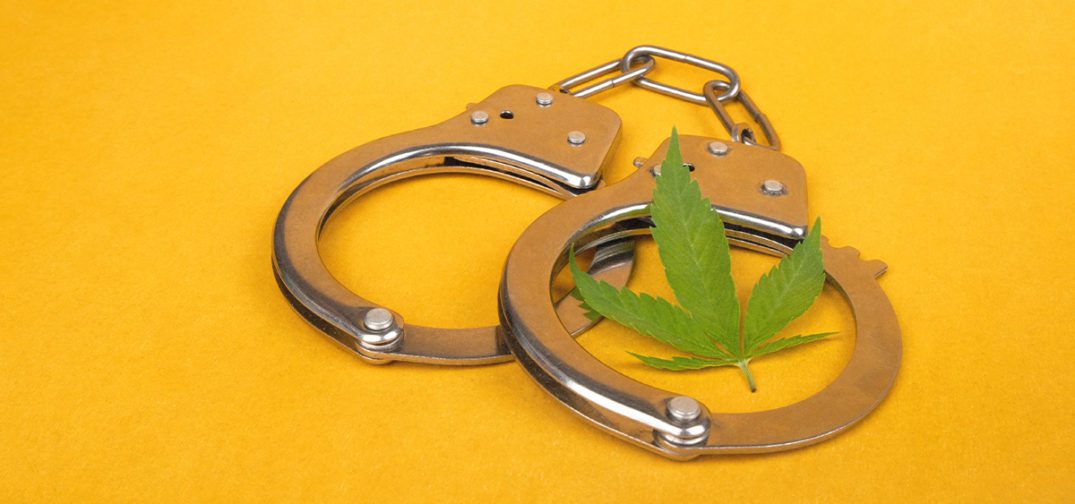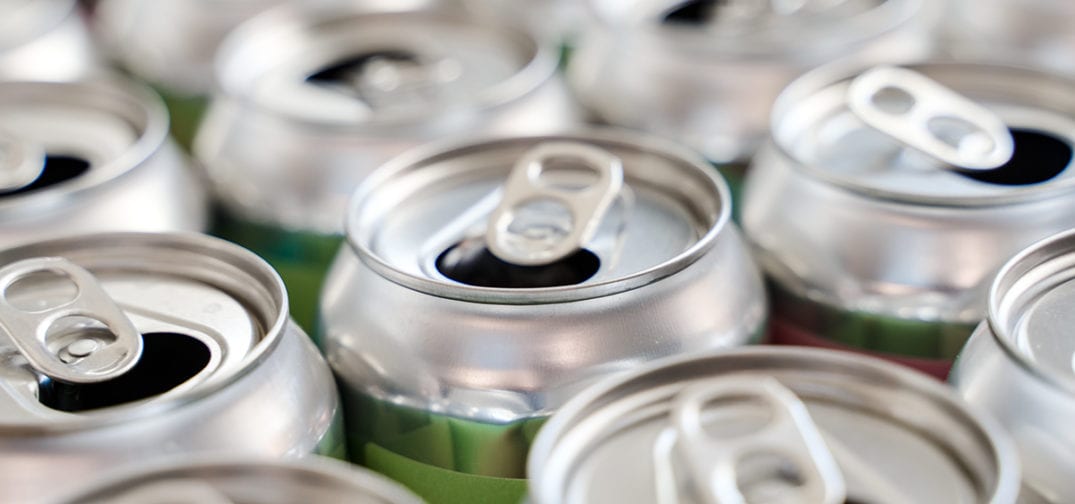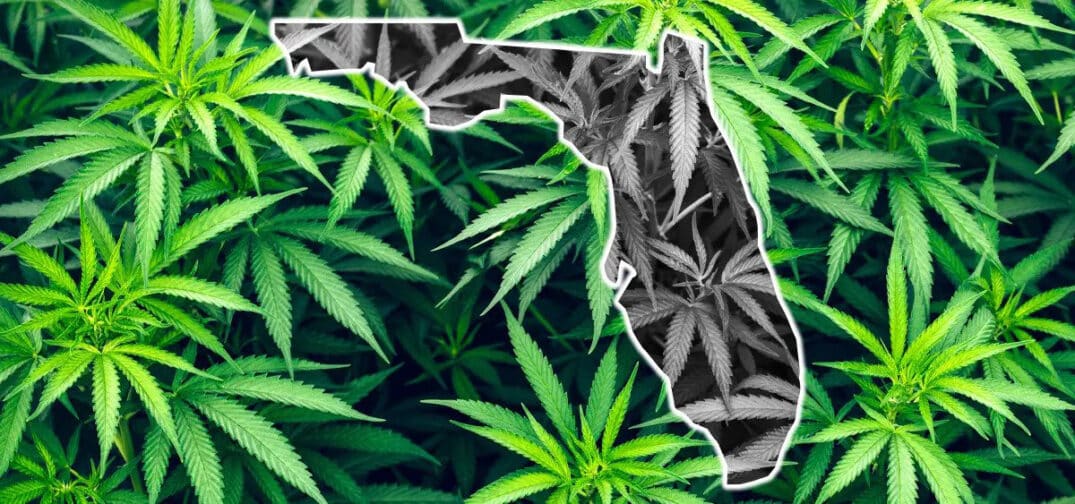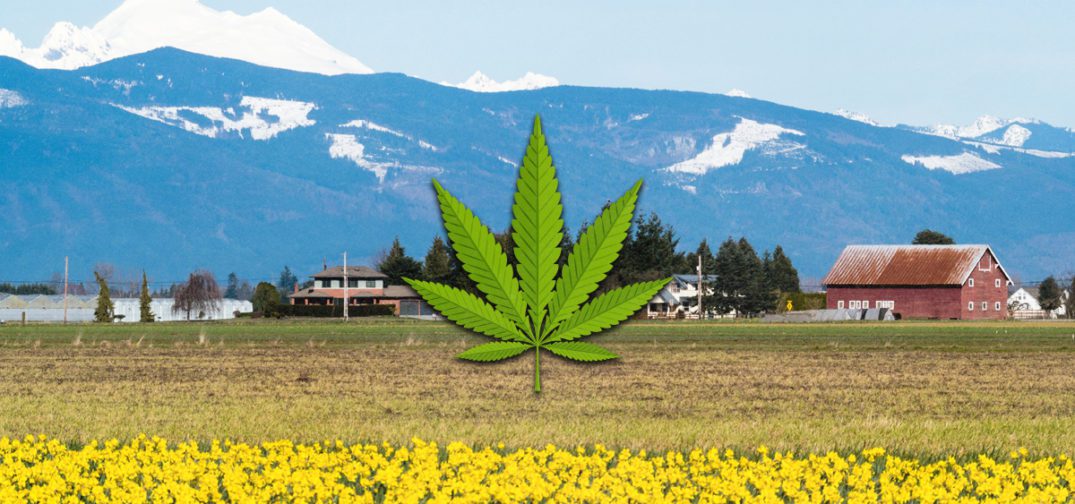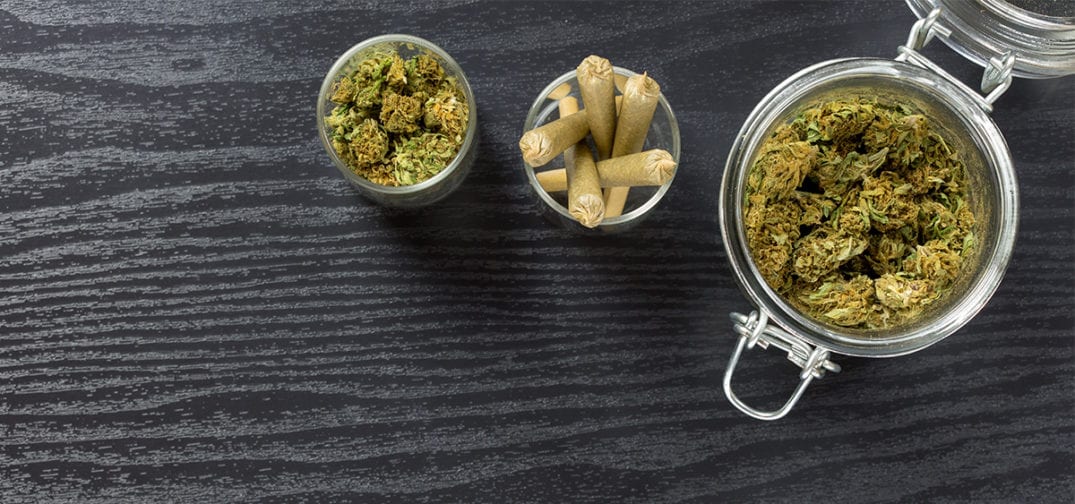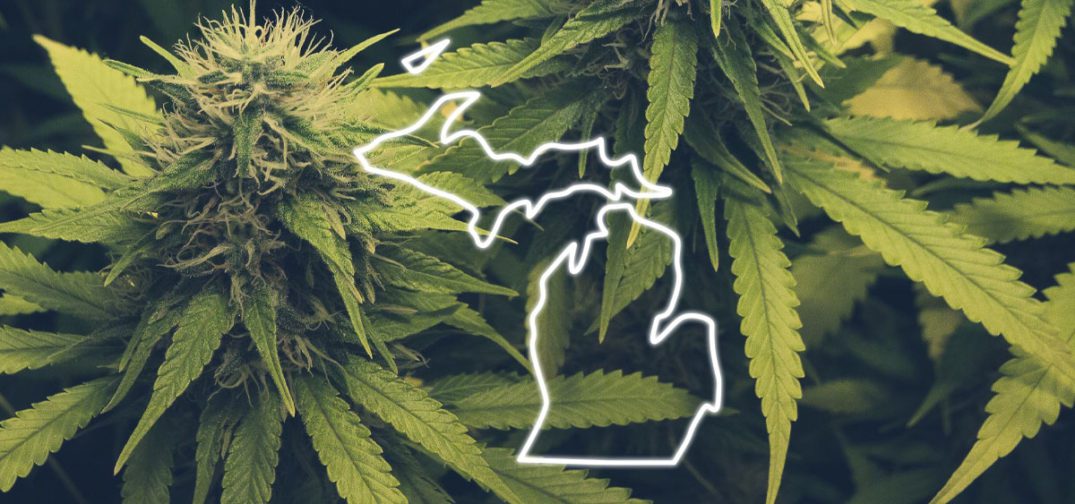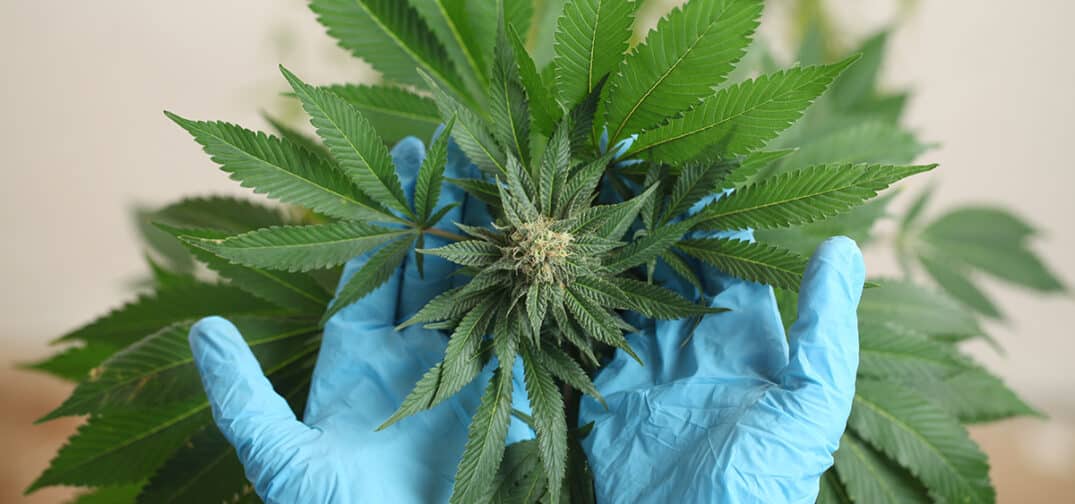Some officials with the Drug Enforcement Administration (DEA) are dubious about the U.S. Department of Health and Human Services’ (HHS) recommendation that cannabis be moved from Schedule I to Schedule III under the Controlled Substances Act (CSA), the Wall Street Journal reports.
HHS made its rescheduling recommendation last August following a months-long review of the available cannabis research and ongoing legalization experiments — but, according to the report, some DEA officials have contested the accuracy of the HHS findings. The Journal’s DEA sources for the report were unnamed but said to be “familiar with the matter.”
Moving cannabis from Schedule I to Schedule III would not make the plant federally legal however it would allow state-legal cannabis companies to begin taking tax deductions normally afforded other businesses, which would be a major win for the industry. Schedule III would also significantly expand the research opportunities for cannabis, cannabis products, and cannabinoids in general.
DEA has historically slow-walked anything resembling potential cannabis reforms and was accused in 2022 of delaying the application process for bulk manufacturing cannabinoid-based pharmaceuticals. The agency was also sued in 2020 by cannabis researchers who said officials were purposefully failing to issue cultivation licenses for research-grade cannabis.
Nevertheless, the DEA continues to present itself as independent from the political process, reminding Congress in January that under the CSA, the federal agency has “final authority” on the scheduling of cannabis.
A group of 12 Senate Democrats, meanwhile, recently urged President Joe Biden (D) to leapfrog the DEA and the federal drug schedule entirely by removing cannabis from the CSA, which would legalize cannabis nationwide.
End









